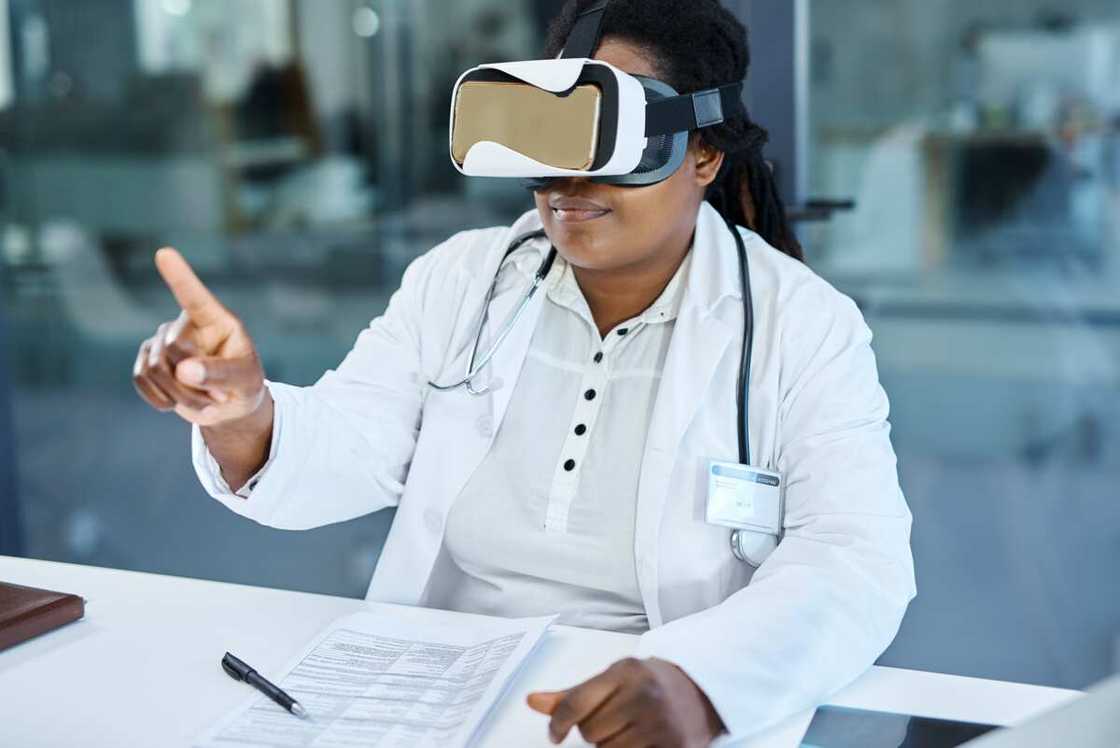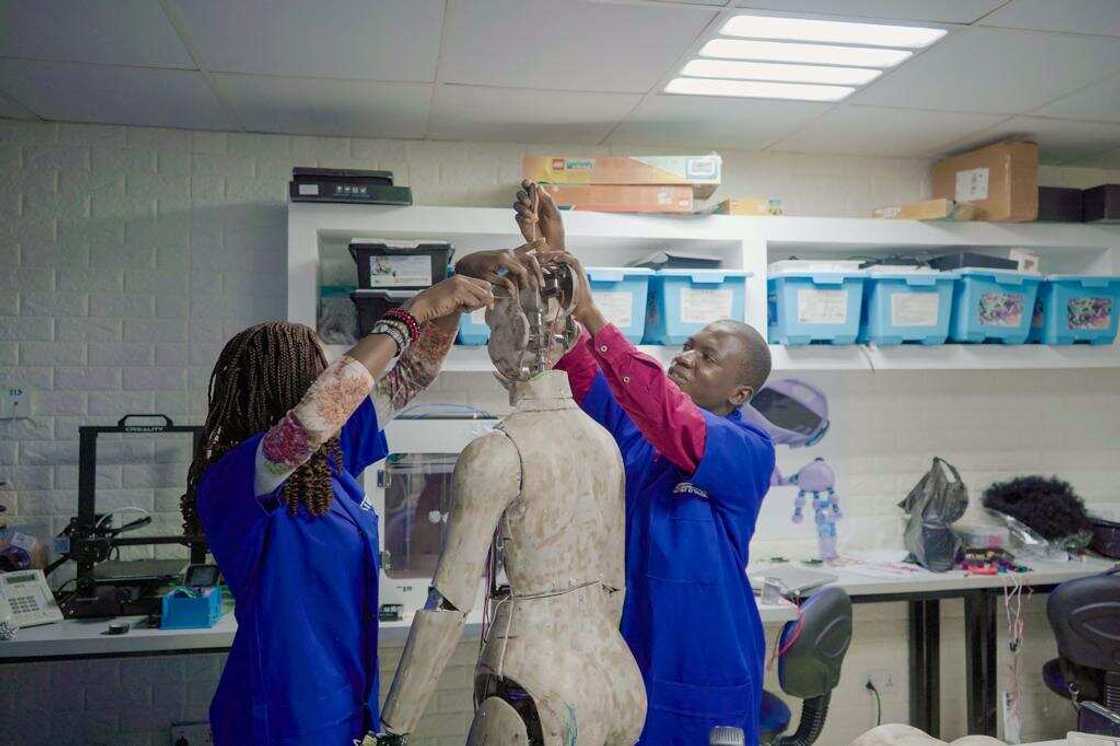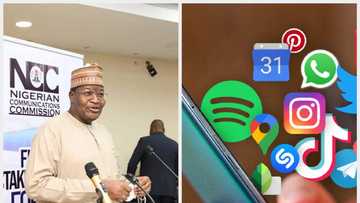Smarter City: List of Four Technologies Trends That Will Change the Way Nigerians Live in 2023
Technology is currently developing at such a quick pace, that one cannot help but feel fortunate to live in this digital age
In addition to helping to make life simpler, these technologies also carry a lot of promise for the future, which makes everyone intrigued about what lies ahead.
The Nigerian government on its part is doing everything it can to keep up with the new global order.

Source: Facebook
Policies pointing to the change coming
The deployment of 5G networks in Nigeria, the signing of a space treaty with the United States, the startup law, the National Digital Economy Policy, and the Strategy (2020 – 2030) policy plan among several others point to government efforts to keep pace with the world.
PAY ATTENTION: Сheck out news that is picked exactly for YOU ➡️ find the “Recommended for you” block on the home page and enjoy!
A simple look at the CBN cash withdrawal limit policy and the use of tracking devices on new naira notes further clarify federal government plans.
Here is Legit.ng list of technologies that Nigerians should expect will change their lives in 2023 and beyond.
Artificial intelligence
AI is the ability of a computer or a robot controlled by a computer to do tasks that are usually done by humans because they require human intelligence and discernment.
The use of AI in the day-to-day living of Nigerians is about to get to a whole new level.
For example, the new CBN policy on cash withdrawal limits more Nigerians will be using electronic means for transactions. This means more failed transactions and customer complaints.
Data shows there are around 134 million active bank accounts in Nigeria as of the end of 2021 compared to 93,090 bank staff.
This is one staff to 144,086 bank accounts.
The huge gap can only be closed with the use of AI with the deployment of chatbots.
The chatbot is software that simulates human-like conversations with users via chat tasks to answer user questions with instant messages.

Source: Facebook
Blockchain technology
Currently used primarily in the financial sector, it is expected to be applied in other sectors in the future such as healthcare, government, and education.
Blockchain may also be used to store non-financial data, like medical records, with the assistance of artificial intelligence.
The application of blockchain technology has the potential to revolutionize the way in which we view digital ownership and fuel a boom among consumers.
Several blockchain development companies in Nigeria, including Mobirevo and Intelia, have already incorporated them into their systems.
Also, Massive capacity development in this area is been carried out by the federal government through the National Information Technology Development Agency (NITDA).
Over 300,00 Nigerians are targeted to learn the intricacies of blockchain technology.
Metaverse (Augmented Reality and Virtual Reality)
This consists of both virtual and augmented reality, or AR/VR. Virtual reality is currently a prominent part of the gaming industry, but it is expected to have a significant impact on other industries as well.
The healthcare industry, education and transportation, architecture, and engineering to name a few. As VR and AR develop, they will have the potential to reshape organizations and even blur the lines between virtual and real environments.
There may be a better method for holding meetings than Zoom meeting through virtual or augmented reality.
Fifth-generation technology (5G) and Wifi-6
These technologies will change how Nigerians browsed the internet and also communicate.
Wifi-6 provides faster speeds when compared with the previous generation of WiFi.
The 5G network has been described as a game change for Nigeria from insecurity to banking among others.

Read also
From banking sector to construction, list of jobs in Nigeria likely to disappear as technology takes over
Patanmi recently noted:
5G technologies offer several benefits that can support virtually every sector of our economy. For instance, it can enhance connectivity, improve healthcare, support education, foster smart cities and boost agriculture, among other things. Also, it will support security institutions with real-time communication."
“5G technology is significantly faster than earlier digital technologies and it provides near real-time communication. This can play a key role in boosting our efforts towards enhancing security across the nation.
"It will enable our security institutions to effectively deploy robotics, autonomous vehicles, augmented and virtual reality to address any security challenges that we face. To this end, I hereby direct all the security institutions to immediately leverage 5G when deployed, to beef-up security in the country."
Meanwhile, only MTN Nigeria and Mafab Communications have secured the first two 5G high-speed spectrum licenses from the federal government.
However, only MTN has been able to deploy the use of 5G to the general public.
For the 2022 bidding round, Reuters reports that Airtel Nigeria emerged as the sole bidder for the 5G license.
Bank tellers, clerks lead list of jobs that will continue to disappear in 2023
Meanwhile, another report Legit.ng revealed how technological advances will affect the type of jobs in 2023.
These threats are across different sectors from banking to construction more persons are likely to face job losses
The list complied provided insights to jobs that are more likely to be affected or disappear completely.
Source: Legit.ng






